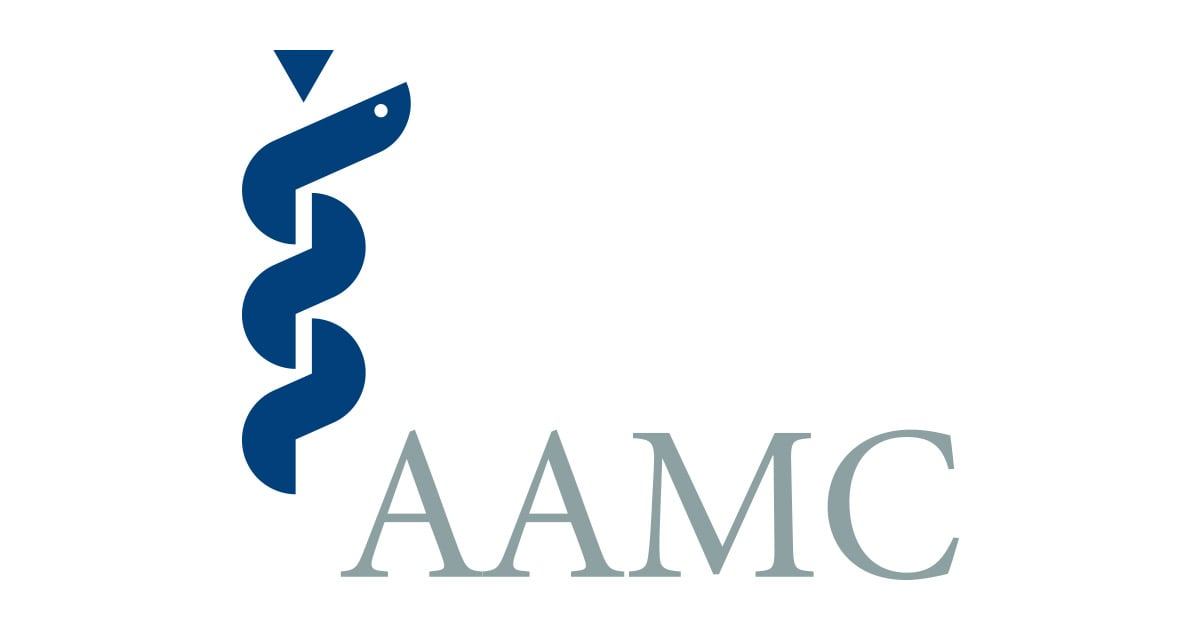You say that as if there is some conspiracy in admissions against certain groups. If someone had all those and did not get in, I can assure it is not because of race (I literally had a 3.98 with 97 percentile MCAT and 1000+ research hours with multiple acceptances).
In medical school, one of the early things you learn about is social determinants of health. These are barriers that people face which makes it harder for them to have good health outcomes. This not only exists in healthcare but in all aspects of life. I have come to appreciate the things I have rather than focus on what I do not have. Because I know life is not fair, most of what I have today a result of my own work but also things I have no control over like who were my parents, their financial situation, my genetics, and way more. I honestly believe just being an U.S. citizen with supportive parents is a better situation than 90% of the world. I can't say I deserve that. I was born with this situation.
I certainly think there are unfair things in life which we need to prioritize like abortion rights, exploitative work practices, and LGBTQ rights. For AA, I think it might be flawed but I think it was a bandage for the situation. But the issue of racial disparities still stands so there will be some other way to address it. As an Asian-American, I was probably affected when race was used to categorize applicants but it is a minor injustice compared to everything else in this world. If that was the price so some other students who came from worse backgrounds would have a better chance in life, I just hope they appreciate the opportunity.
There are people living under the rule of dictators or oppressive governments. The world knows about it and just watches as they suffer. There is no justice for them; what can they do about their situation? Almost nothing.
In comparison, as tough as medical school admissions are, I think they are fair enough so everyone has a chance. Of course, there are many factors outside of your control that affect your chances but that is true for much of life. I believe applicants themselves do have a large enough influence on their medical school admission so that if it is their dream, it is within their capability to achieve it. If someone is highly qualified and shows they can be a capable physician, some medical school(s) will accept them.


